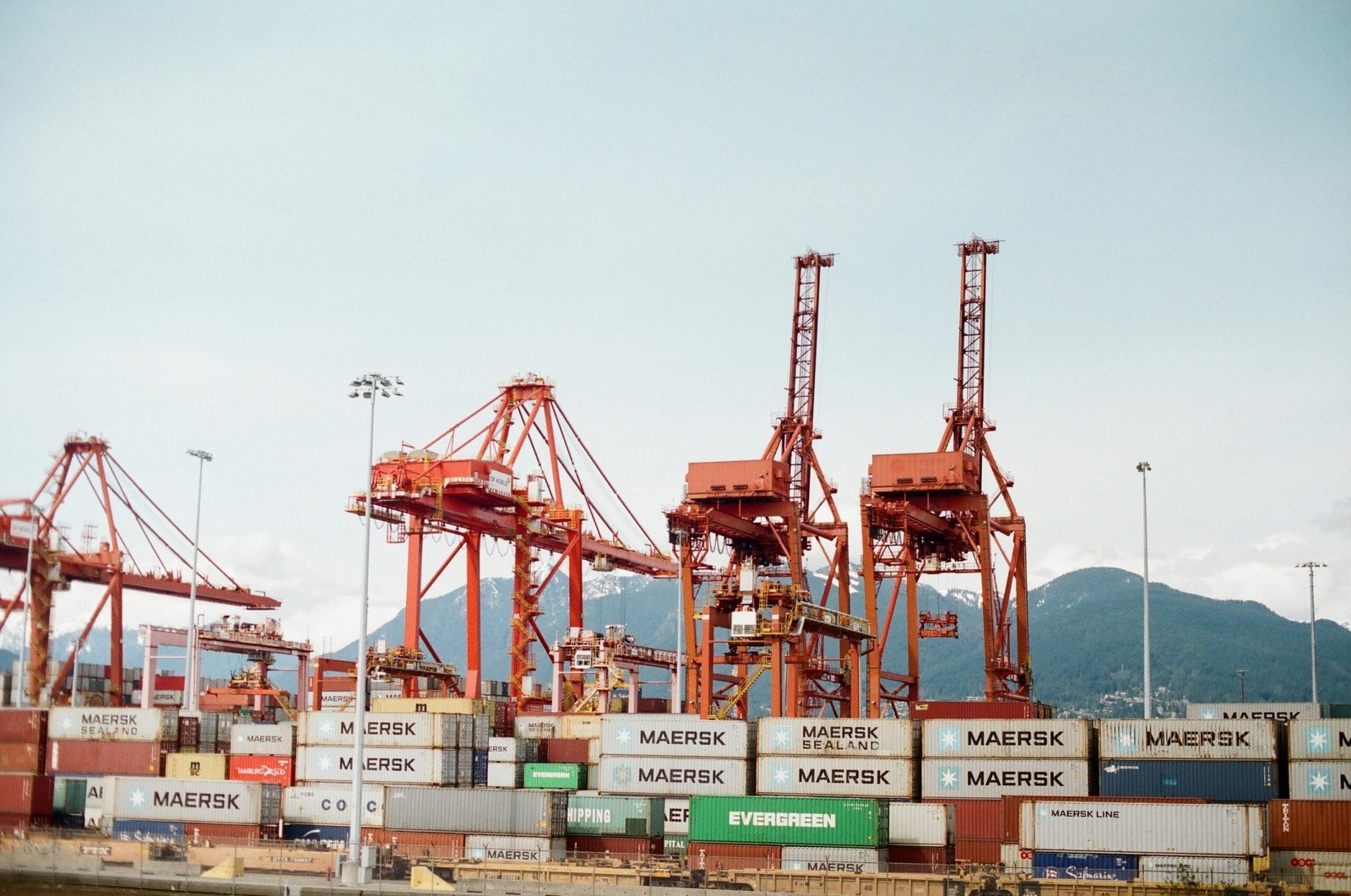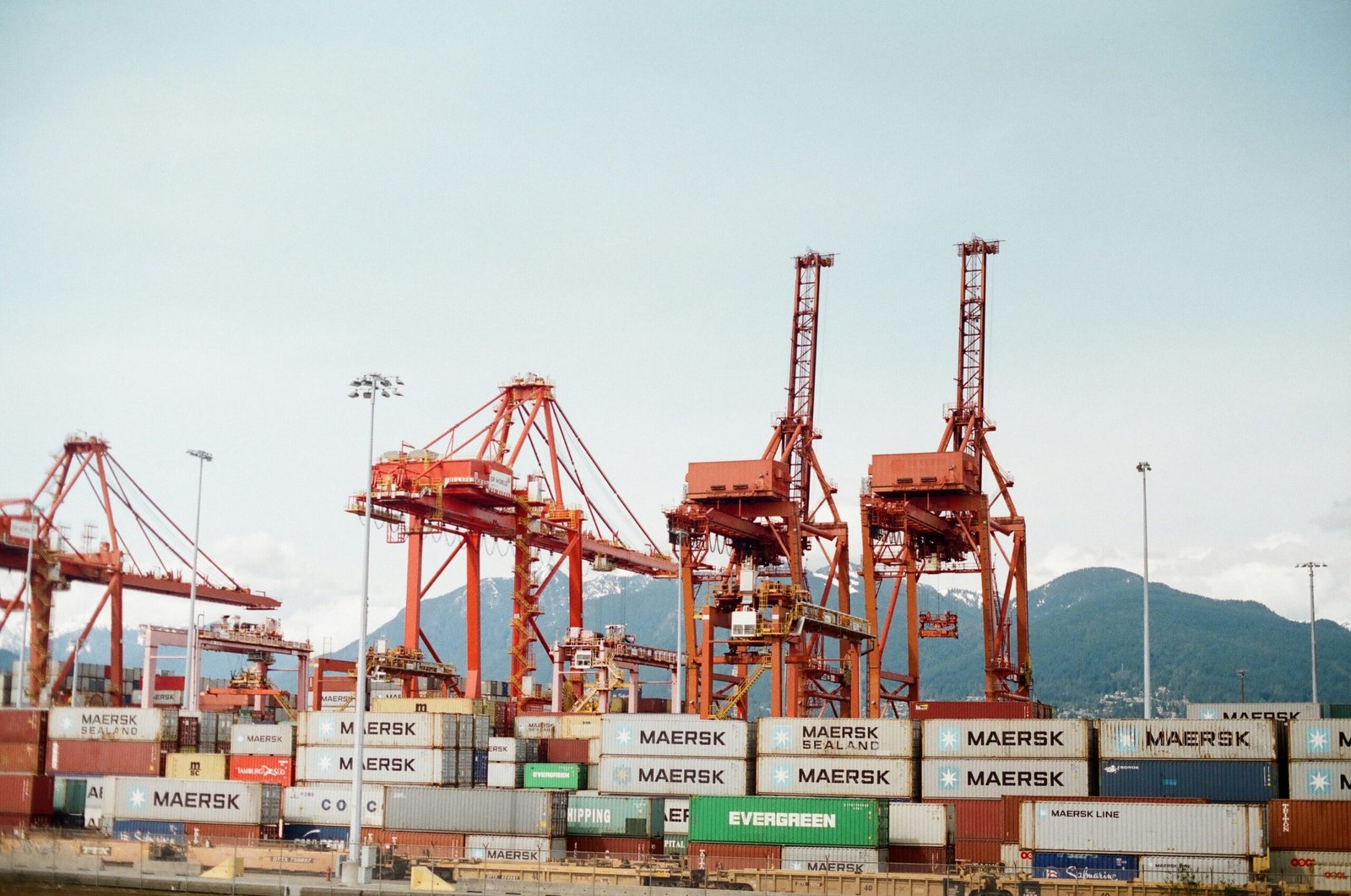
The Role of Technology in Globalization
Globalization is the process of increased interconnectedness and integration of economies, societies, and cultures worldwide. It has been facilitated by various technological advancements that have revolutionized communication, transportation, and the exchange of information. In this blog post, we will explore the types of technology that contribute to globalization.
1. Internet and Communication Technology
The internet has undoubtedly been one of the most significant technological advancements contributing to globalization. It has revolutionized communication by enabling instant and seamless connectivity between people across the globe. Through email, social media, video conferencing, and messaging apps, individuals and businesses can communicate and collaborate in real-time, regardless of geographical barriers.
Furthermore, the internet has facilitated the growth of e-commerce, allowing businesses to reach customers worldwide. Online marketplaces and platforms have made it easier for small and medium-sized enterprises to enter global markets, expanding their customer base and increasing trade opportunities.
2. Transportation Technology
The development of transportation technology has played a crucial role in globalization by reducing the time and cost of moving goods and people across borders. Advancements in aviation, shipping, and logistics have made international travel and trade more accessible and efficient.
Air travel has significantly shortened the time it takes to travel long distances, connecting people and businesses from different parts of the world. It has also facilitated the growth of tourism and cultural exchange, allowing individuals to experience different cultures and expand their horizons.
Shipping technology, such as containerization, has revolutionized the global trade industry. It has made it easier to transport goods in large quantities, reducing costs and increasing efficiency. As a result, international trade has flourished, with products from different countries becoming more accessible to consumers worldwide.
3. Information Technology
Information technology has had a profound impact on globalization by enabling the rapid exchange and access to information. The digitization of information has made it easier for individuals and businesses to access knowledge, research, and data from around the world.
Search engines, online databases, and digital libraries have made information readily available, breaking down barriers to knowledge and education. This has empowered individuals in developing countries to acquire new skills and knowledge, bridging the digital divide and promoting economic development.
Additionally, information technology has transformed various industries, such as finance, healthcare, and entertainment, by enabling the seamless transfer of data and services across borders. Financial transactions can now be conducted online, medical records can be shared electronically, and entertainment content can be streamed globally.
Conclusion
Technology has played a pivotal role in driving globalization by connecting people, facilitating trade, and enabling the exchange of information. The internet, communication technology, transportation technology, and information technology have all contributed to the increased interconnectedness of economies, societies, and cultures worldwide. As technology continues to advance, it is likely to further accelerate the process of globalization, shaping our world and creating new opportunities and challenges.












